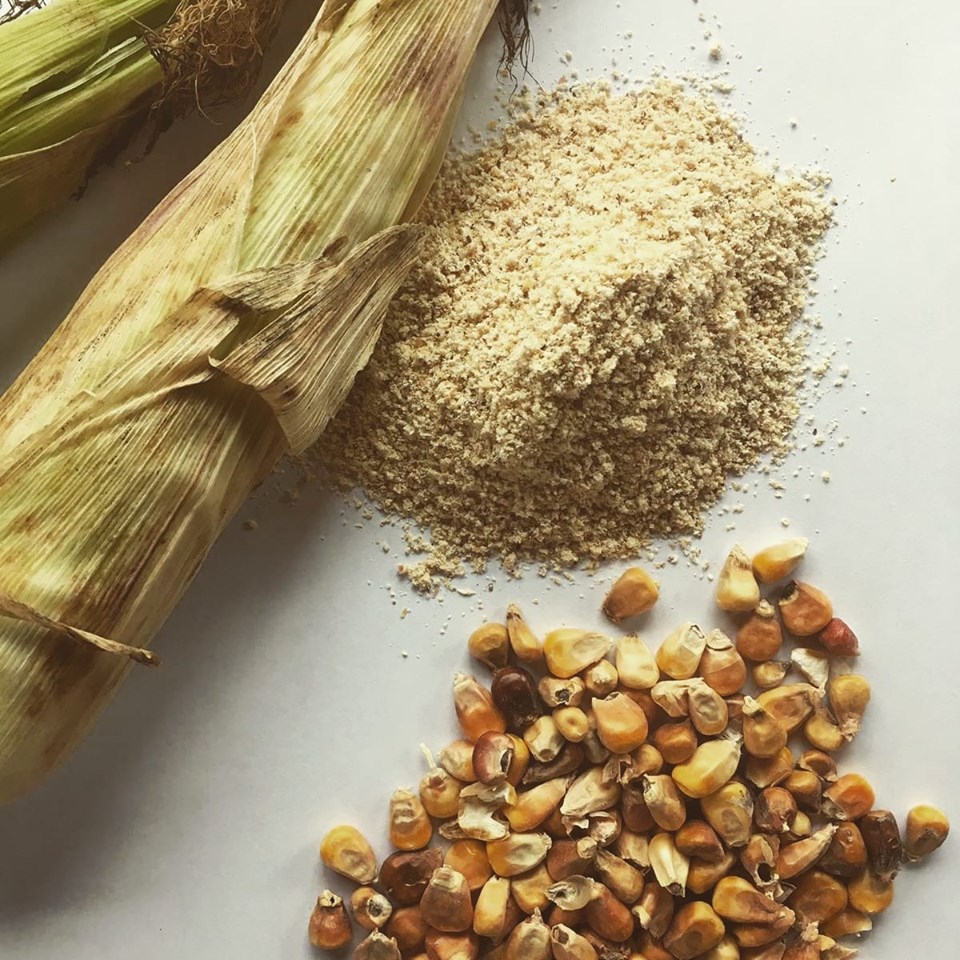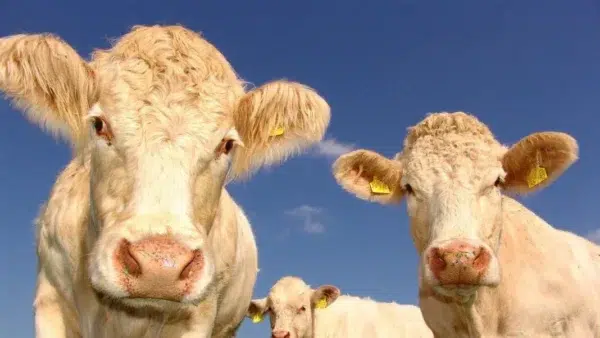A Manitoba family is utilizing a homegrown approach to seed cleaning in an effort to help small-scale farmers in the province.
When it comes to small-scale farming, it’s all about the numbers, Amy Nikkel of Adagio Acres near Lundar, Man., explains.
“If a farmer harvests 47,000 pounds of a product, and 40,000 pounds is what is needed to fill a trailer, the remaining 7,000 pounds may become on-farm food loss,” she said. “The smaller the farm, the more significant this on-farm food loss is to the bottom line.”
To combat the loss, Nikkel devised an ingenious plan to make sure some of that product didn’t go to waste. She reached out to other small-scale farmers in the province who might be having the same issue; leftovers that didn’t quite fill a trailer.
In 2019, along with her husband Donald, the Nikkels created a Winter Grain CSA (community supported agriculture) program, a collection of grains, seeds and pulses grown on organic farms around the province and processed/milled on farm to minimize the carbon footprint of transportation. Shares of the CSA add up to 75 pounds and include 17 varieties. Now in its second year, shares are picked up each January at a single location.
In addition to starting the Winter Grain CSA, the Nikkels grow an uncommon variety of oats in rotation with a hay/alfalfa/clover mix on their 80-acre farm and most of their fields are small and interspersed with pasture and natural forestland. But because their yields are relatively small, finding a mill or seed cleaner quickly became a challenge.
“The first year, we dusted off the phone book and called probably 20 or 30 seed cleaners across the province before we found someone who would humour us with our piddly little 20,000 pounds of oats to clean,” Nikkel said. “Because of the different variety, the cleaning is a bit different than for hulled oats and because we wanted to use the oats for human consumption, there were very few people who would take us up on our request. In addition, the following year our fields would be certified organic, so that would put additional constraints on finding a seed cleaner, as they would also need to pass the organic inspection.”
It became clear that some on-farm ingenuity was needed to meet the challenge of small scale, organic seed cleaning. And buying all new machinery for a full seed cleaning and milling operation just wasn’t in the budget.
“A $50 bid against a scrap metal dealer was all we needed to become the proud new owners of a near-antique piece of equipment,” Nikkel said.
Over the next two years, the Nikkels pieced together a seed cleaning line, sometimes sourcing particular and more expensive parts from further away than a local auction.
“We now have a grader, dehuller, air screen cleaner, double indents, optical sorter, roller mill, granulator (for steel cut oats), and a vacuum aspirator,” she said.
The cleaning line is designed specifically for Adagio Acres’ crop of naked oats, a variety that has been grown for thousands of years by farmers in Asia and Europe because the product can be used with minimal processing, yielding a nutritious and flavour-packed food ready for human consumption.
For the past eight years, these naked oat products have been sold direct to consumers, as well as through retail and food service outlets in Manitoba. But it still seemed like there were a lot of organic grains and pulses being grown in Manitoba that weren’t available to consumers. The Nikkels wondered whether their cleaning line could be put to better use.
The line is perfect for small scale runs, so it comes in handy to prepare lentils, black beans, soybeans, chick peas, flax and cornmeal includes in the Winter Grain CSA.
“When we developed our own cleaning and milling line, we sized equipment to be small and low capacity, with the end goal of packaging the final product into retail packages by hand, rather than the large scale of bulk seed cleaning or conventional milling,” Nikkel said.
“We have done small batches of trial cleaning for friends or experimental scale, but not on any significant scale. Most farmers who might be interested in having their crops processed locally also don’t have access to a market for their finished product, so the ability to clean crops only solves part of this problem when it comes to small scale production.”
While marketing products from small-scale producers continues to be a challenge, Nikkel said the Winter Grain CSA is moving things in the right direction.
“I feel that we have been able to fill both the processing and the marketing gap for small-scale organic farmers. While a consumer is unlikely to go out of their way to access local oil, or flour, or beans, when all of these products are pooled together, the convenience can rival that of stopping at a conventional grocery store to fill a cart, and brings the consumer a significant step closer to the farmers that grow amazing food here in Manitoba.”











